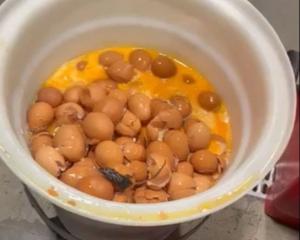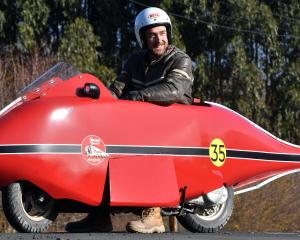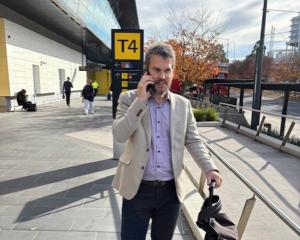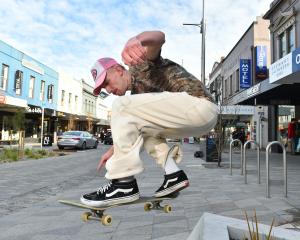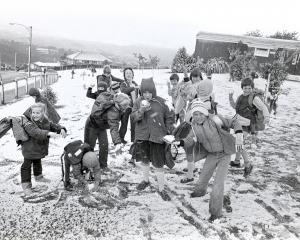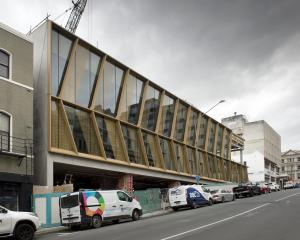Junior doctors are downing tools today to protest conditions a Dunedin spokesman says could erode the future of healthcare.
Resident medical officer (RMO) Bill Lu said the 25-hour strike would push back against a short-sighted approach to pay and work conditions by Health New Zealand Te Whatu Ora (HNZ).
"Every resident doctor counts.
"This negotiation from HNZ is going to have a long-term impact - negatively if they pursue the same line - for our public in the next decades."
Dr Lu is the executive secretary and treasurer of the New Zealand Resident Doctors Association (NZRDA), the union now at an impasse in bargaining with HNZ.
The nationwide strike, which starts at 7am today and finishes at 8am tomorrow, had huge support from the 2500 union members.
In a recent vote 95% had favoured the move, he said
"I think that is a clear endorsement of how fed up, how annoyed and how unhappy people are."
The national mood was also true of those in Dunedin, where there were 188 RMOs, including more than 110 RNZDA members.
Key among the bargaining issues highlighted by Dr Lu was the "clear lack of workforce planning" demonstrated by HNZ’s offer, which included pay cuts of up to 12% that would affect some registrars.
This would impact those training in areas where there was already a shortage of staff, such as radiation oncology, medical oncology, psychiatry, pathology and public health.
It also included primary care, where HNZ was proposing a pay cut for general practice registrars or trainees of up to $13,000.
"In the midst of a primary care and mental care crisis, with worsening ED waits and worsening access to specialist service, it’s very short-sighted to offer a pay cut."
About 600 registrars would be impacted either by pay freezes or cuts.
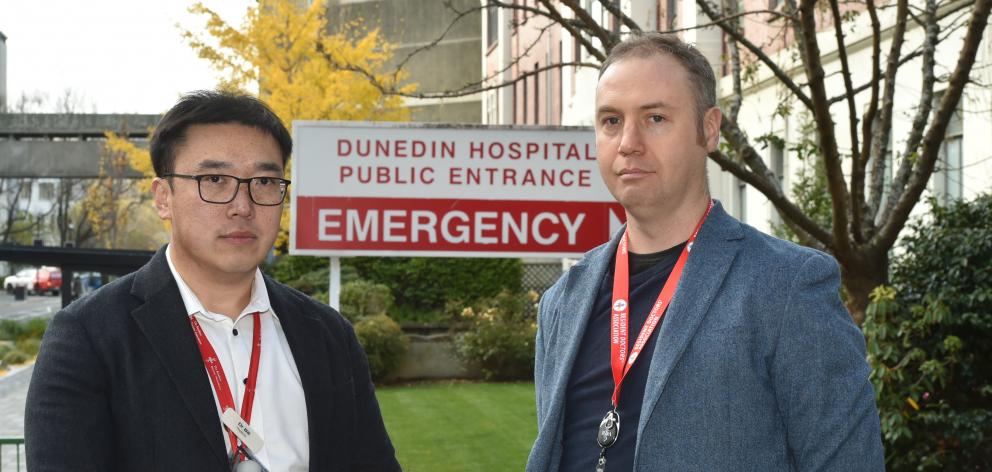
In practice this would unfairly impact people perusing much-needed surgery subspecialities such as neurosurgery, he said.
Nationally there were about 500 junior doctor vacancies, caused in large part by people leaving the country for better payment overseas.
Moving abroad was a common topic among his colleagues, Dr Lu said.
"We also have people who are burned out actually leaving the profession, and anecdotally I know quite a few people from Dunedin Hospital leaving the medical profession after six years of training because they are burned out, because the employment conditions are not good enough."
This linked to another area of concern: the NZRDA was pushing for sufficient regulations to limit excessive rostered hours.
Rostering doctors to work for 32 hours in a 48-hour timeframe was was a safety issue, he said.
Such long hours would not be permitted in other jobs such as truck driving.
The NZRDA would co-ordinate with HNZ to ensure adequate life-preserving services would still continue throughout the strike, he said.
HNZ did not respond to request for comment by ODT deadline yesterday.
The organisation last month disputed the union’s pay cut claim.
"In our initial negotiations we have guaranteed that no RMO will receive a pay cut", it told RNZ.

